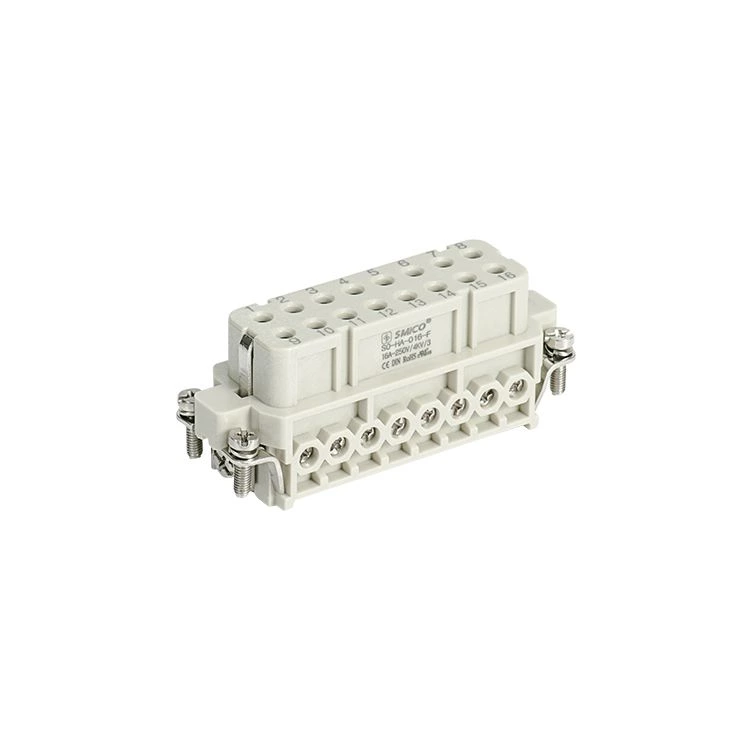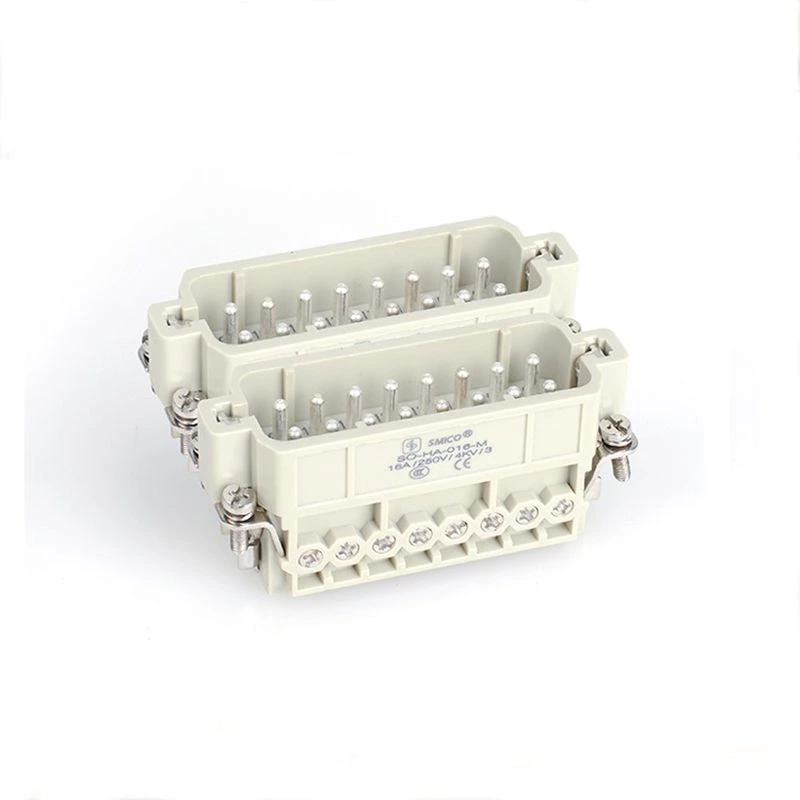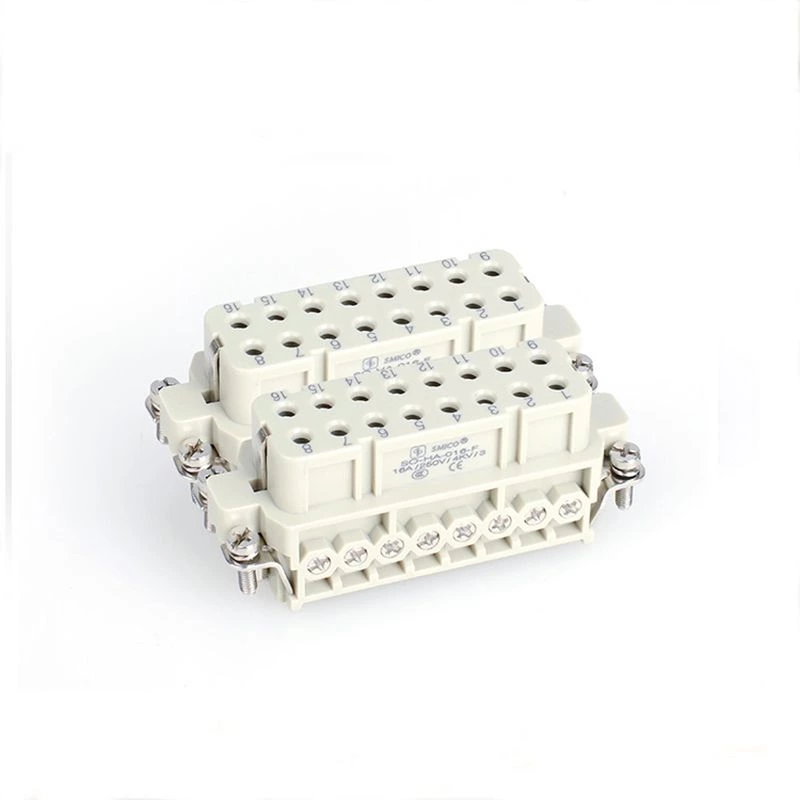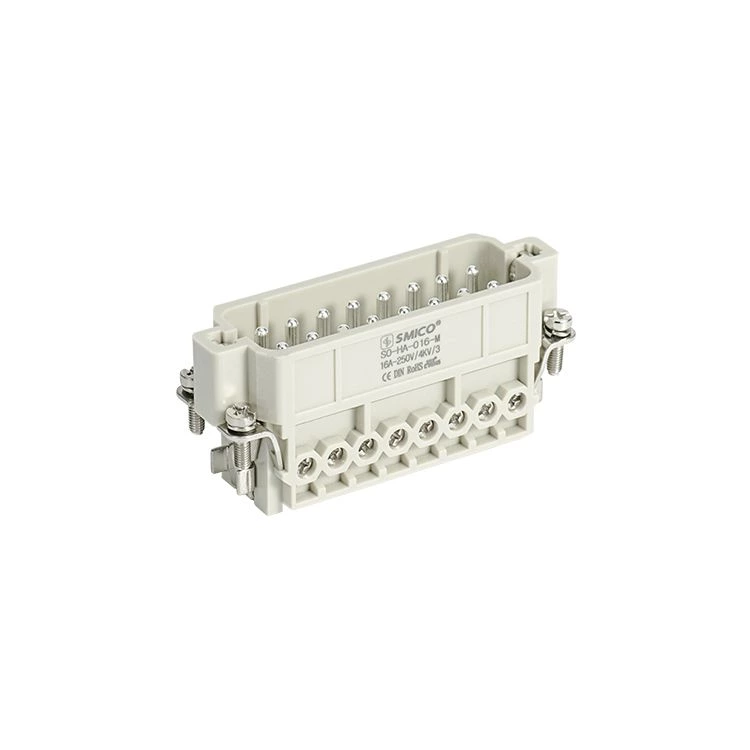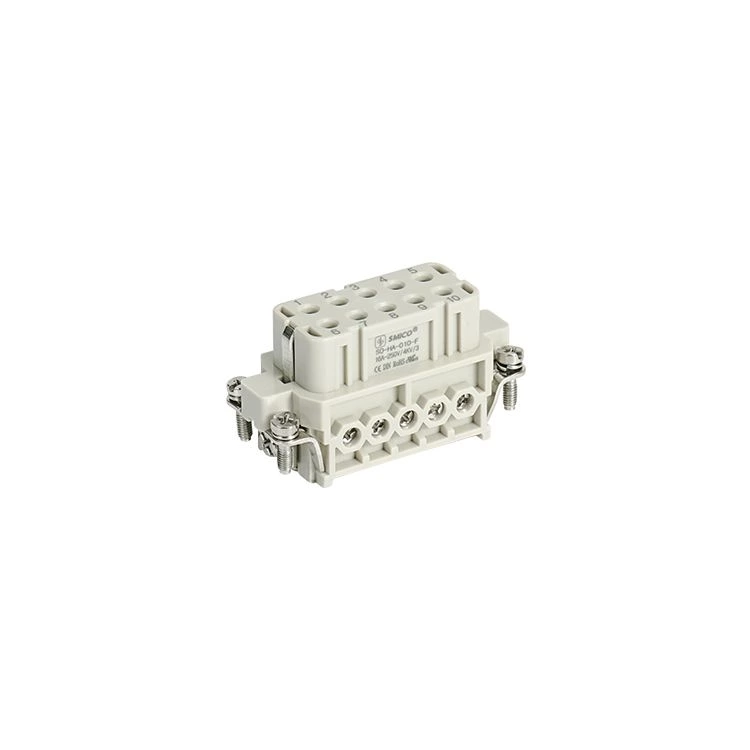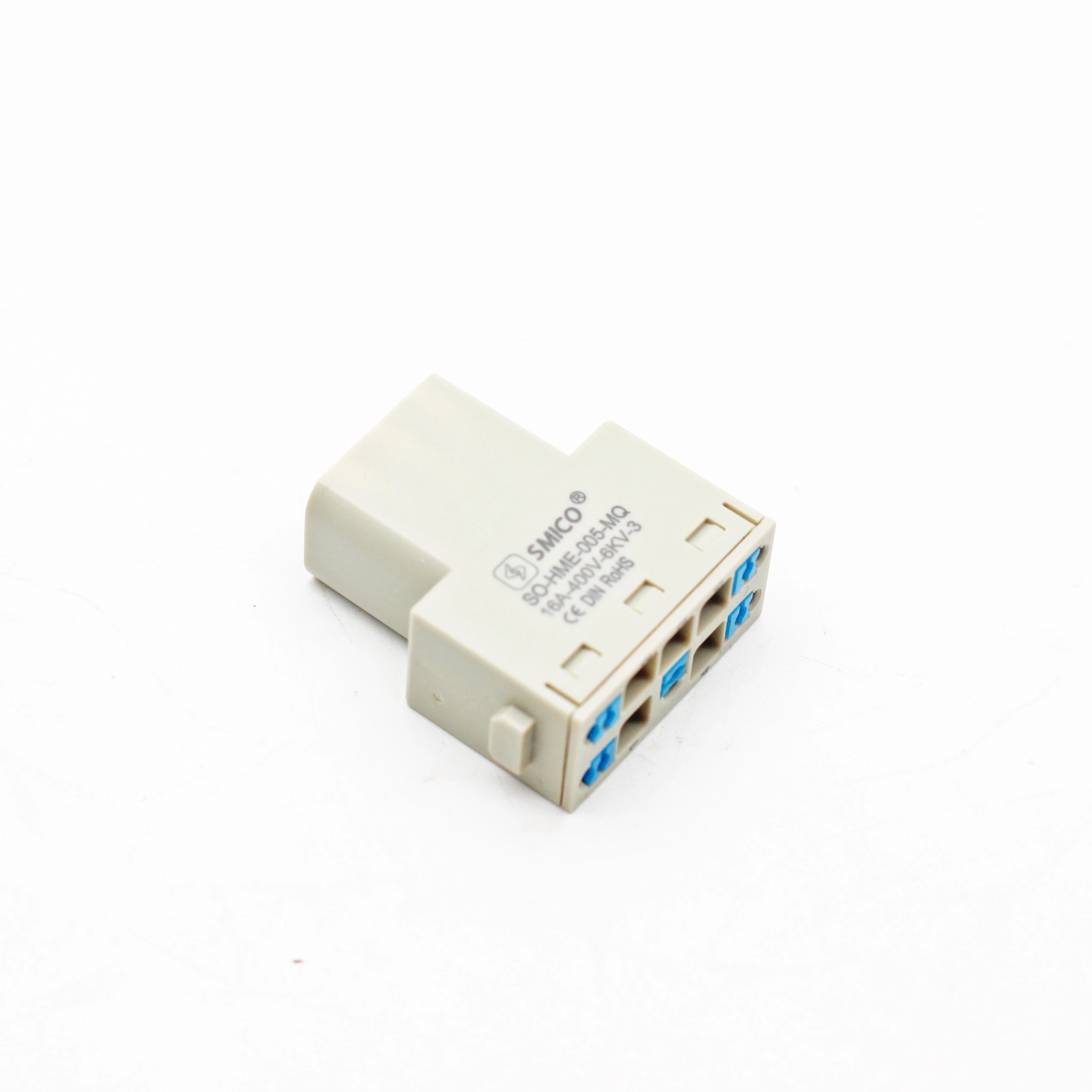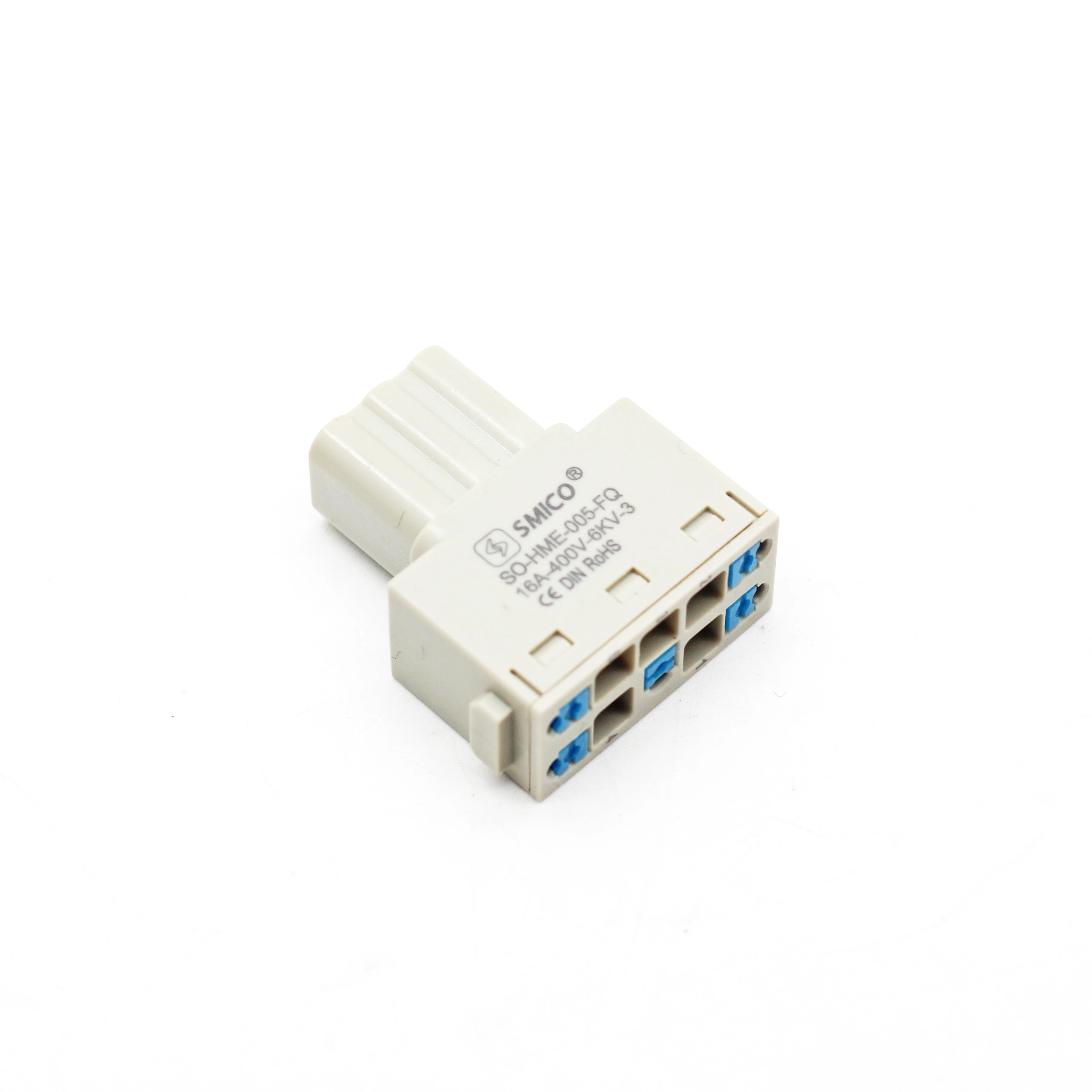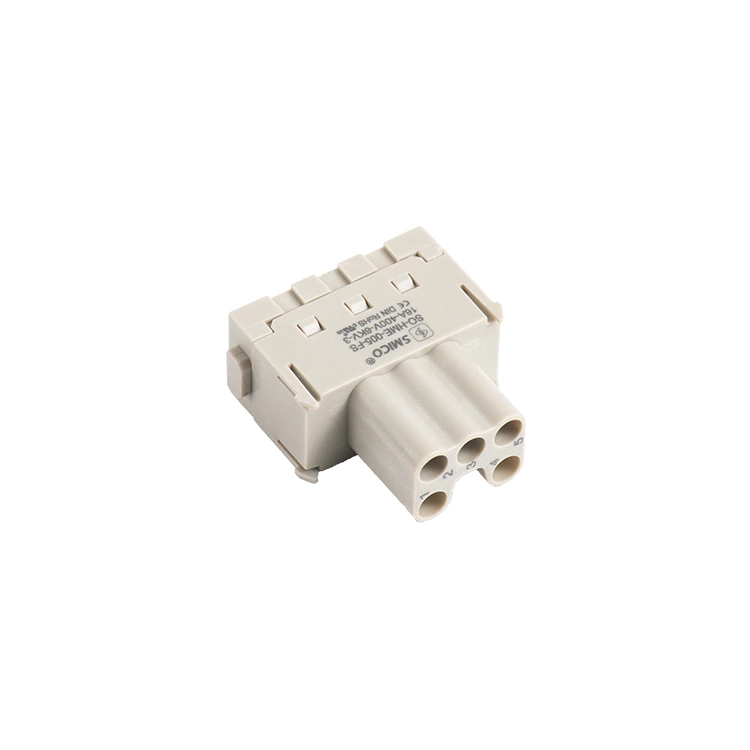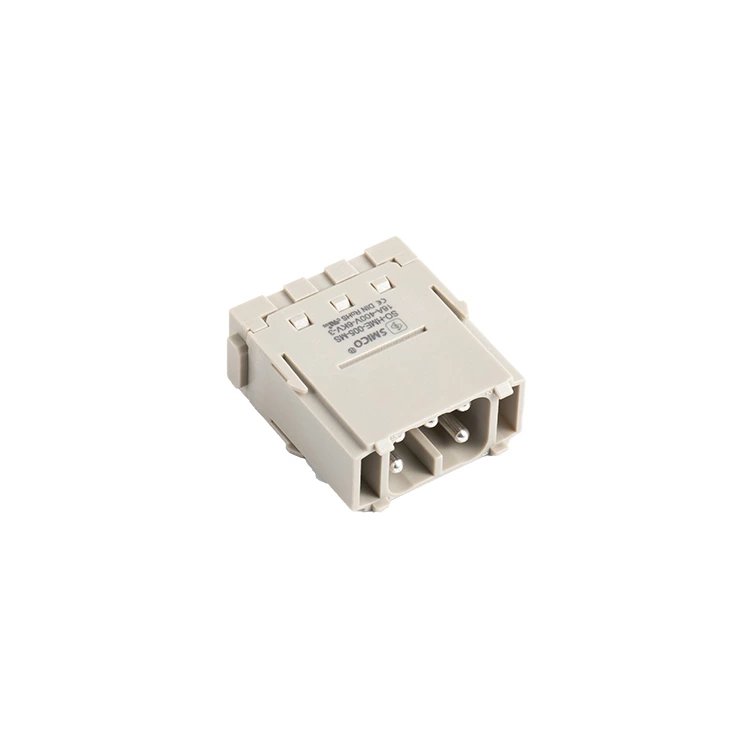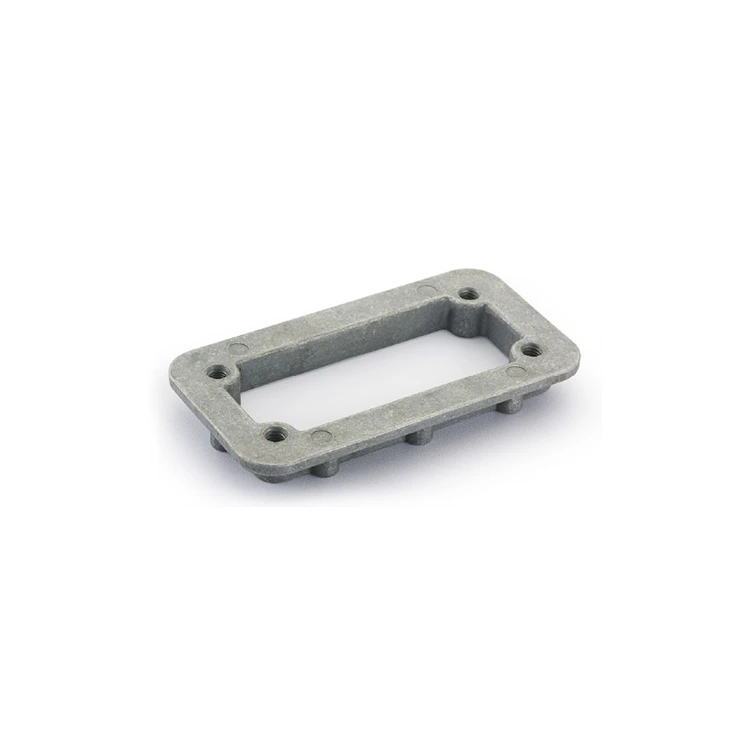Heavy-duty Connectors: Core Components To Ensure Power Transmission
Heavy Duty Connector plays a vital role in modern electrical and electronic systems. These connectors are designed to withstand high current and high voltage environments to ensure stable operation and reliable connection of equipment. This article will explore in depth the functions, applications and importance of heavy-duty connectors in power systems.
1. Definition and function of heavy-duty connectors
Heavy-duty connectors refer to components that can make electrical connections under harsh conditions. They are often used in application scenarios that require high power transmission, such as industrial equipment, power systems, railway transportation, etc. These connectors can withstand large currents and voltages, and have high durability and anti-interference capabilities.
In practical applications, heavy-duty connectors are mainly used to connect power sources and loads, transmit power while ensuring stable signal transmission. Its structural design usually includes larger conductors, reinforced insulation materials and strong mechanical connections, which can effectively resist the influence of environmental factors such as vibration, impact and corrosion.
2. Main application areas of heavy-duty connectors
Industrial automation: In the field of industrial automation, heavy-duty connectors are used to connect various automation equipment, such as sensors, actuators and controllers. These connectors need to have high durability and anti-interference capabilities to cope with complex industrial environments.
Power system: In the power system, heavy-duty connectors are used for power transmission and distribution equipment, such as transformers, cable terminals, and switchgear. Their high current carrying capacity and insulation performance are essential to ensure the stability and safety of the power system.
Railway transportation: Heavy-duty connectors in railway transportation systems are used to connect electrical equipment and control systems. These connectors need to withstand the vibration and shock of train operation while maintaining good electrical connections.
Energy field: In energy fields such as oil and natural gas, heavy-duty connectors are used to connect drilling equipment, pumping stations, and other critical equipment. The design of these connectors needs to take into account extreme environmental conditions such as high temperature, high pressure, and corrosive gases.
3. Design requirements for heavy-duty connectors
In order to meet various application requirements, the design of heavy-duty connectors needs to follow a series of strict requirements:
High current carrying capacity: Heavy-duty connectors must be able to withstand high currents to avoid electrical failures caused by overheating or increased resistance.
